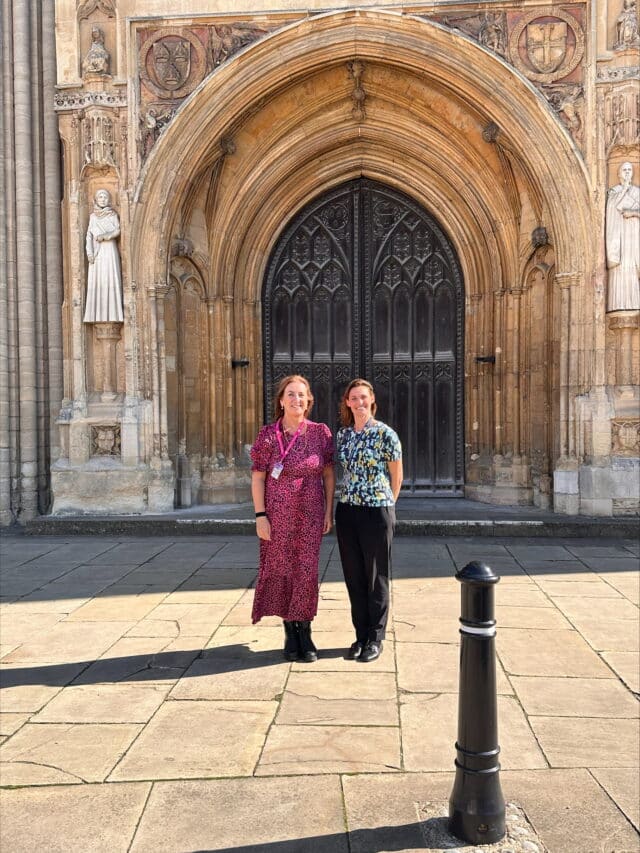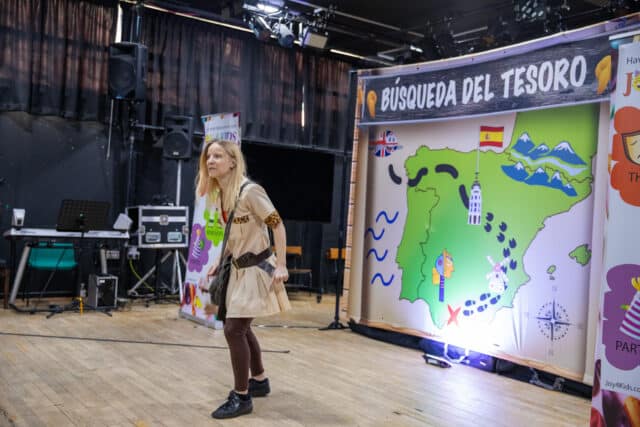Blog
‘European’ ‘Day’ of Languages – doing things differently
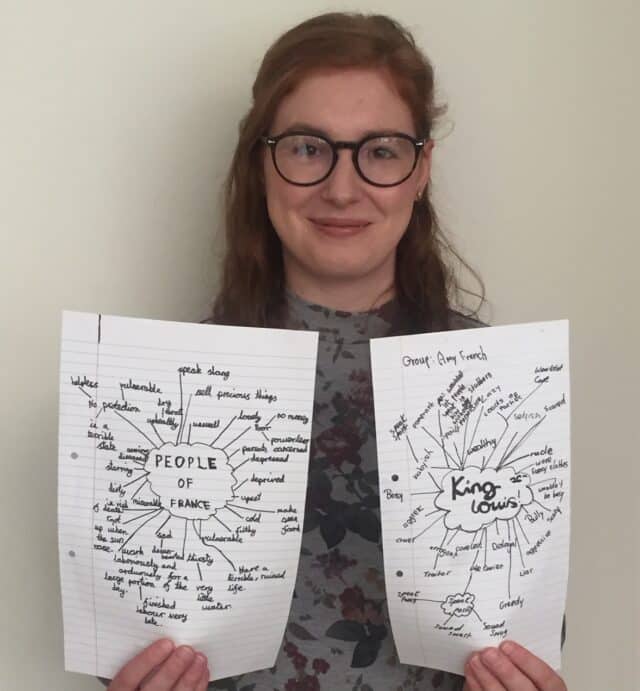
Amy Lennon
Y5 Form tutor and MFL, RS, PSHE Lead at Colfe’s Junior School
Read the blog
I used to think of European Day of Languages as a little like Christmas, one special day of the year where we come together to celebrate the languages of the countries which make up the continent of Europe. Now I realise, it is so much more than that.
European Day of Languages is an invitation to celebrate the diverse range of global languages that are spoken in Europe, every day of the year.
In recent years, there has been an important conversation about increasingly diversifying our curriculums and making them more inclusive, to better reflect the pupils we teach.
I started to look at our primary languages curriculum with fresh eyes, asking myself, what languages, countries and cultures are we representing and celebrating in our curriculum? Are we offering a truly diverse language learning experience for all our pupils?
In 2023, I partnered with The Association of Language Learning (ALL), creating a Special Interest Group called ‘Decolonising the Primary Languages Curriculum’, with the aim of starting a wider conversation with other professionals about how we could create authentically diverse and inclusive modern languages curriculums.
I began by trying to move away from teaching languages through a Eurocentric paradigm, to one that was much more global, expanding the focus of French from France, croissants and the Tour de France, to the wider Francophone world.
I looked for places in the existing curriculum where I could introduce new Francophone cultures, for example:
- During seasonal lessons at Christmas and Easter, we looked at the traditions in different Francophone countries such as Cameroon and Martinique. We discovered that unlike the Easter Bunny, on the Island of Martinique the Easter Crab plays a pivotal role in celebrations.
- When learning about music, we explored singers from the French speaking parts of North Africa.
- Creating an annual ‘Heritage Day,’ where children are encouraged to proudly display their heritage through their clothes.
- Changing our annual ‘French’ breakfast event to a Francophone breakfast; enjoying some food from Togo.
- Changing my Year 5 and 6 French club to a ‘Languages club’, where the children create a presentation on a country and language of their choice. This, in particular, has helped to value Community Languages.
- As you enter the classroom, you won’t just see the French flag, you will see a whole host of flags from different Francophone countries lining the walls.
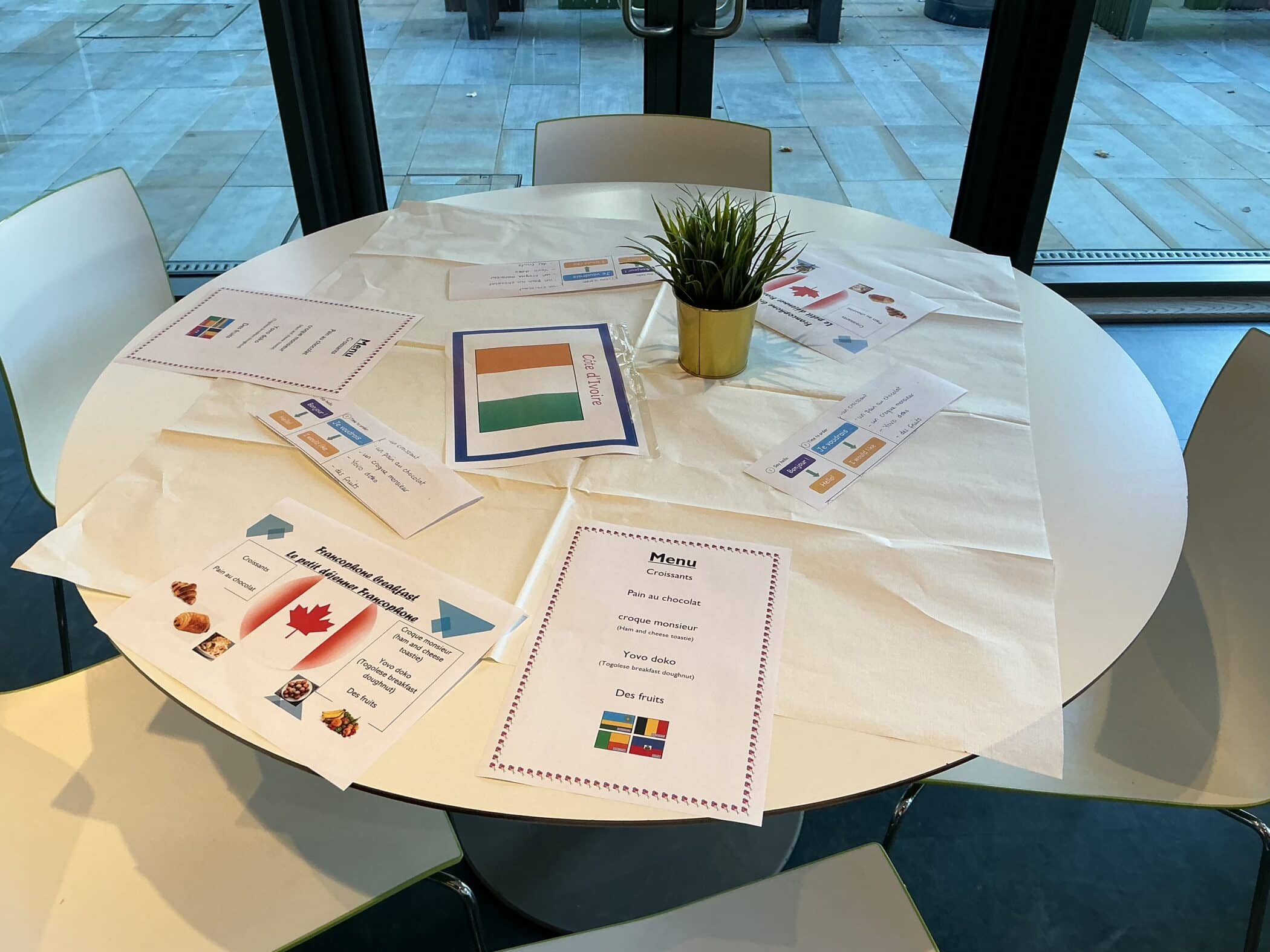
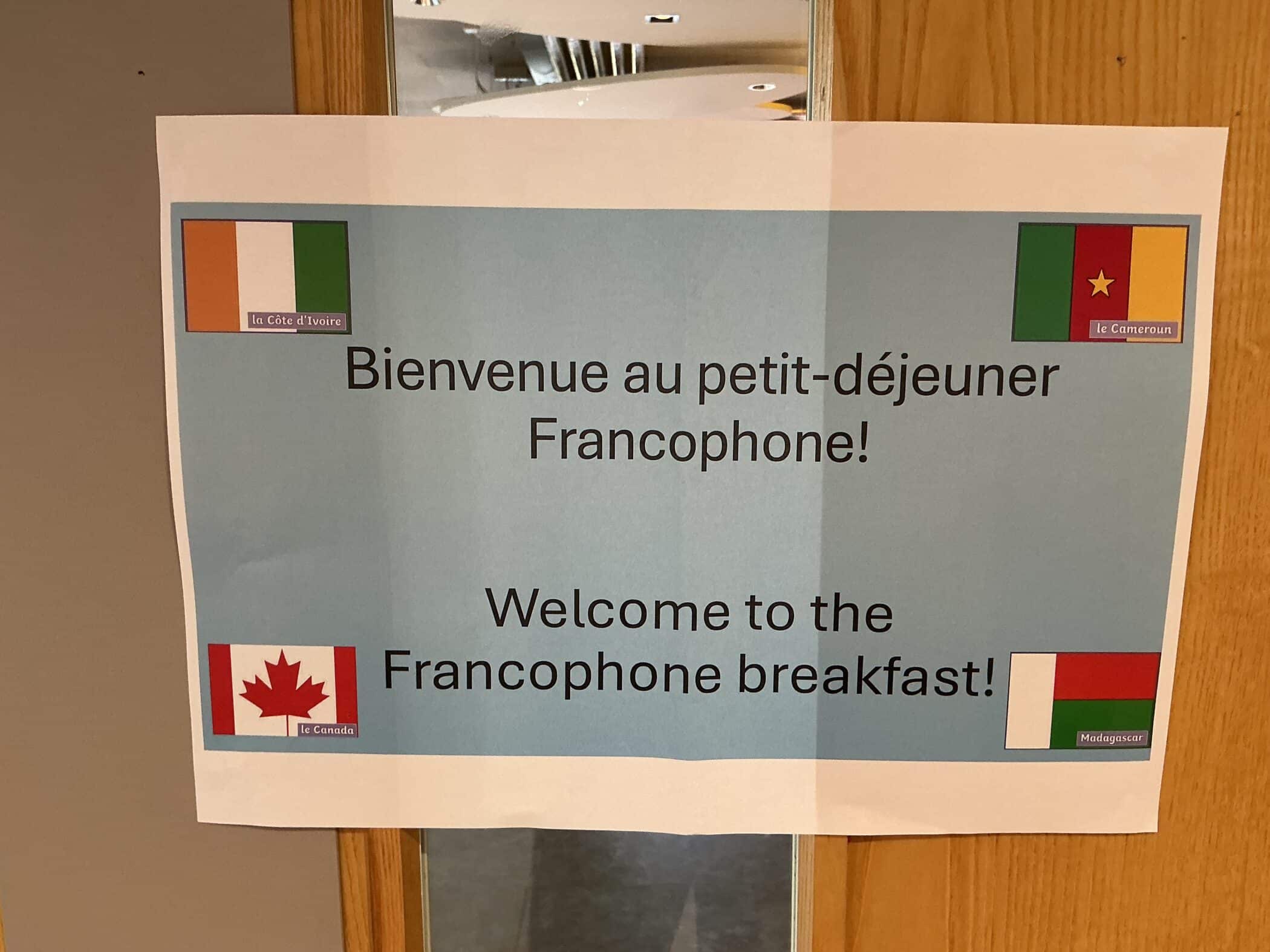
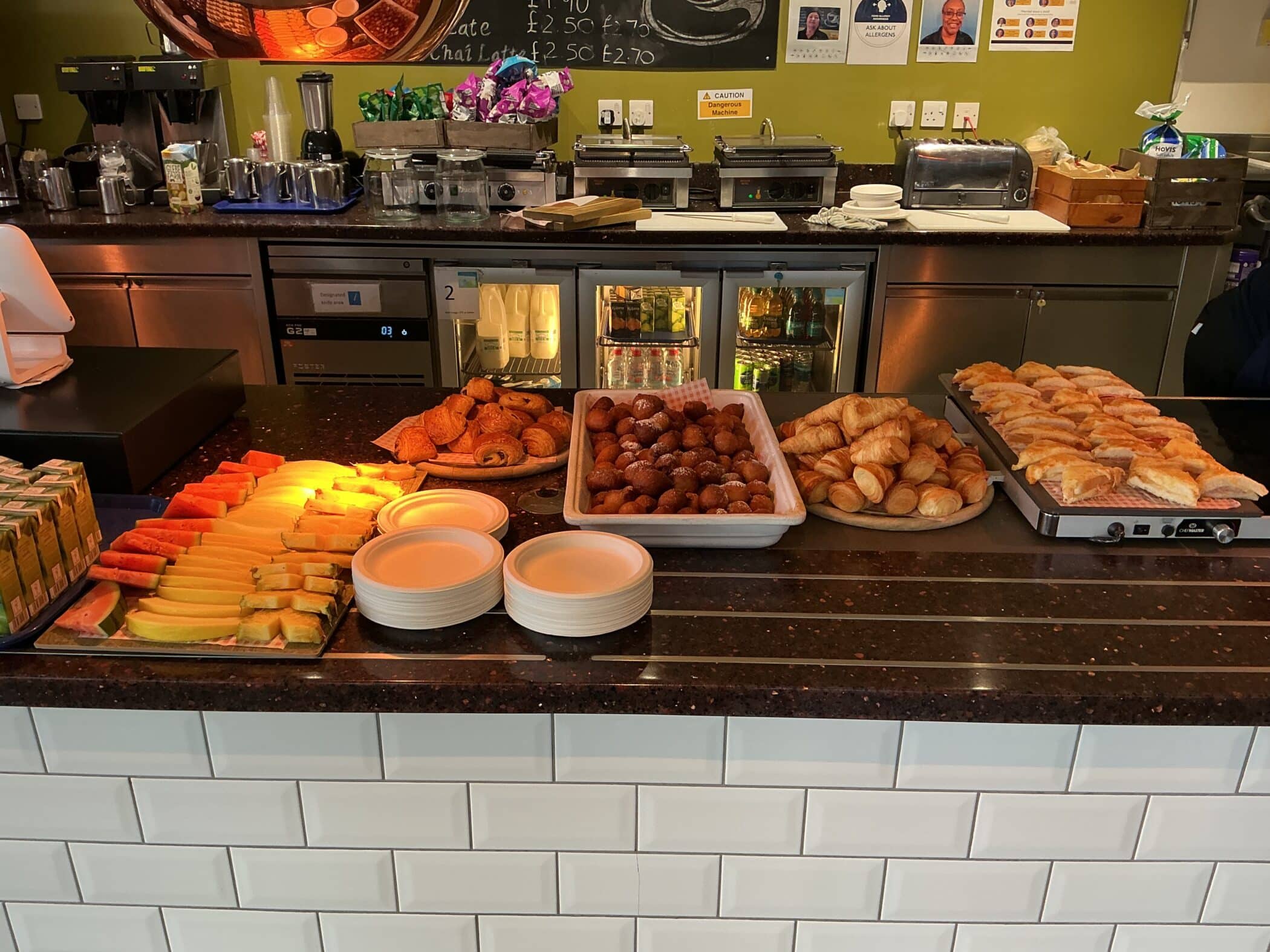
For this European Day of Languages, we are planning a whole school Zumba session to songs in many different languages, as well as a calligram competition run by ALL, celebrating home languages.
It is important to note that none of this has happened over night. It starts by looking at what you already do and making some little changes. Connecting with a community of teachers with the same mission, through the ALL Special Interest Group, has helped immensely; sharing ideas and resources to drive meaningful change.
My school has recently been awarded the British Council International School Award for the work we have done so far, ‘The emphasis on exposing pupils to a wider range of cultures beyond traditional European models is a noteworthy strength and supports the core values of the International School Award. The international work already taking place is meaningful, inclusive, and well-integrated into the wider school ethos.’
Your curriculum is always a work in progress, never fixed but dynamic and responsive to local, national, and international change. As Lao Tzu says, ‘a journey of a thousand miles begins with a single step.’ So, wherever you are on your international journey, just ask yourself, what is one small thing I can do today, to make a difference?
If you are keen to explore internationalism further in your school, why not check out our ALL Special Interest Group website, to access ideas and resources, or join one of our termly online meetings, by emailing us: [email protected]
We look forward to seeing you there.
